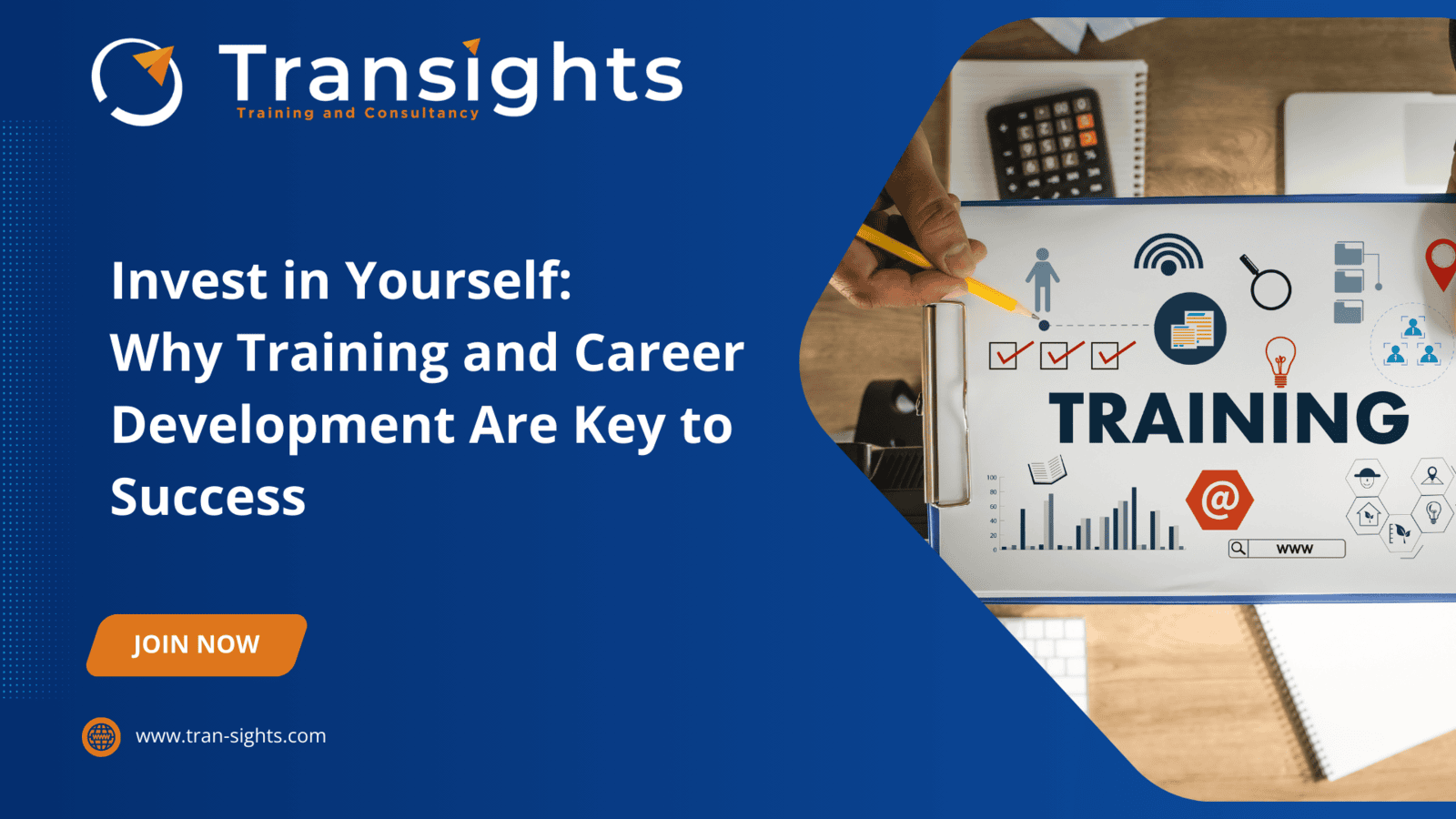
In today's competitive job market, staying ahead of the curve is crucial. That's where training and career development come in.
These aren't just buzzwords - they're powerful tools for boosting your skillset, advancing your career, and increasing your earning potential.
Training vs. Career Development: What's the Difference?
Training vs. Career Development: What's the Difference?
While they're interconnected, there's a subtle difference between training and career development. Training is focused on acquiring specific skills needed for a particular job or task. Learning a new software program or mastering a regulatory compliance process are examples of training.
Career development takes a broader view. It's the ongoing process of identifying your career goals, building relevant skills, and gaining experience to achieve those goals. This could involve attending conferences, taking leadership courses, or networking with professionals in your desired field.
The Benefits of Investing in Yourself
The Benefits of Investing in Yourself
The advantages of prioritizing training and career development are numerous:
- Increased marketability: New skills make you a more attractive candidate to potential employers.
- Improved job performance: Training allows you to excel in your current role and take on greater responsibilities.
- Enhanced problem-solving skills: Developing your skillset equips you to tackle challenges and find innovative solutions.
- Greater confidence: Knowing you have the knowledge and skills to succeed boosts your self-assurance.
- Higher earning potential: Employees with in-demand skills often command higher salaries.
Taking Charge of Your Development
Taking Charge of Your Development
The good news is that you're in the driver's seat when it comes to your career development. Here are some steps you can take:
- Identify your goals: What do you want to achieve in your career?
- Assess your skills: Where are your strengths and weaknesses?
- Explore training options: Research courses, workshops, or certifications that align with your goals.
- Talk to your employer: Many companies offer training and development programs for their employees.
- Network with others: Connect with professionals in your field to learn and grow.
Remember, career development is a lifelong journey. By continuously investing in yourself, you'll be well-positioned to navigate the ever-changing world of work and achieve your full potential.

